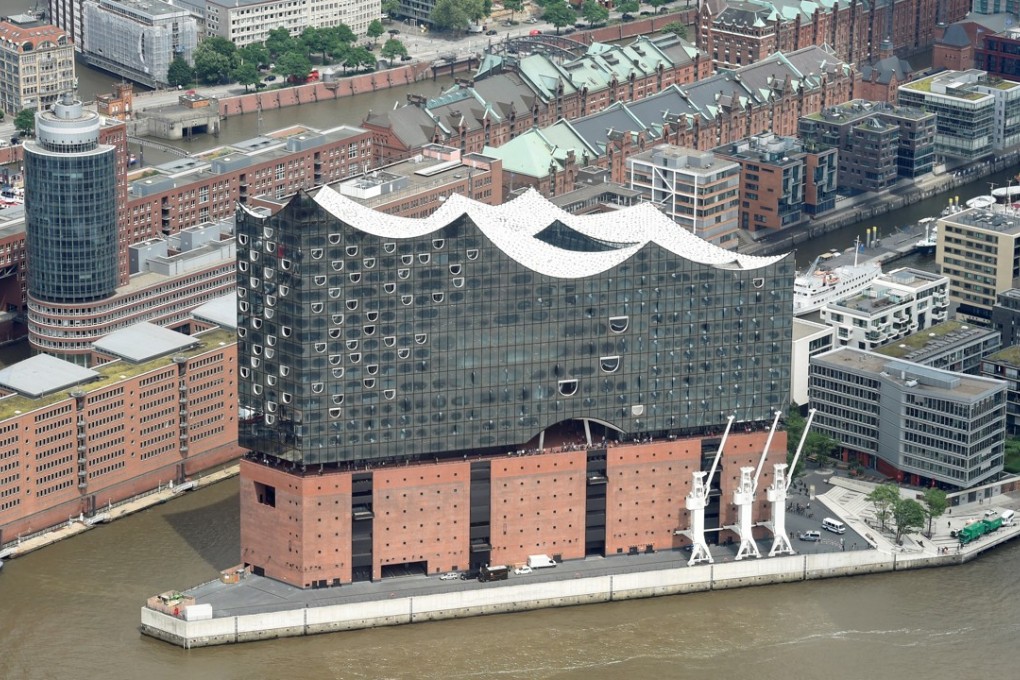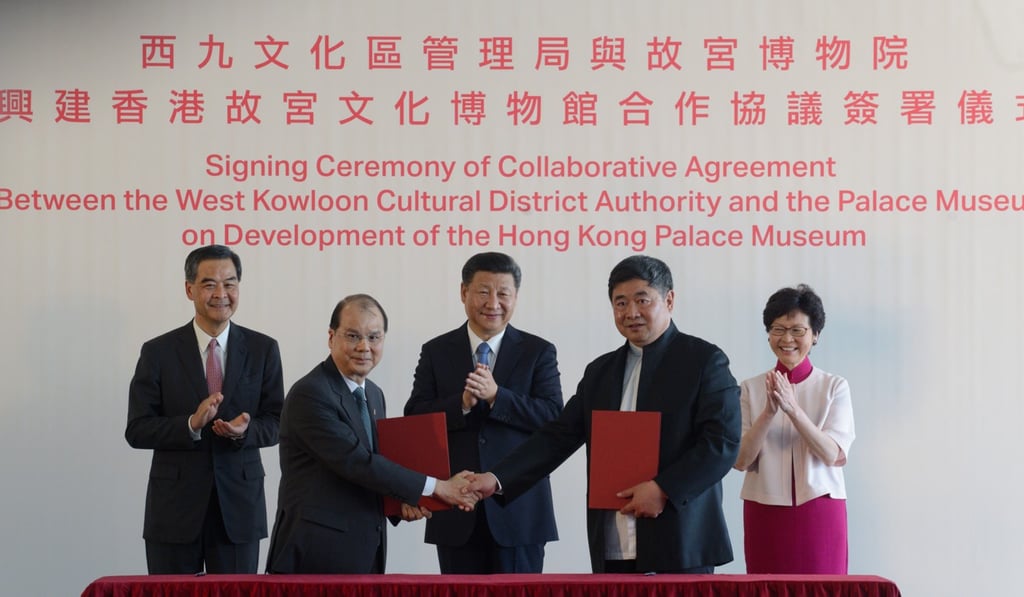Hong Kong needs a world-class concert hall, not more museums
Vivienne Chow says the stunning new Elbphilharmonie in Hamburg is proof of how a concert hall can revitalise a city, and holds a lesson for Hong Kong’s new leadership

As world leaders converge in Hamburg for the G20 summit, one of the highlights for the VIP guests will be enjoying Beethoven’s Symphony No 9 in the city’s brand new concert hall, Elbphilharmonie.
The stunning building with a glass facade was designed by Swiss firm Herzog & de Meuron and features advanced acoustics. Located right at the Hamburg harbour, it was built on top of the historic Kaiserspeicher, a former warehouse. The €866 million (HK$7.6 billion) concert hall is a piece of cultural infrastructure that Germany takes pride in.
Since opening in January, it has become a new travel destination in Hamburg, with shows perpetually overbooked. Unlike Berlin, Hamburg is not known as a cultural city, but its people are now thinking about how to reinvent this historic port as a cultural capital.

Secret study on Hong Kong’s Palace Museum site revealed in new twist
Concert halls play a vital role not just in a city’s cultural life but also its image on the global stage. Many of Hong Kong’s top civil servants are fans of classical music and concert regulars. But their passion has not led to the development of a world-class concert hall, which Hong Kong deserves.
Many of Hong Kong’s top civil servants are fans of classical music, [but that] has not led to a world-class concert hall